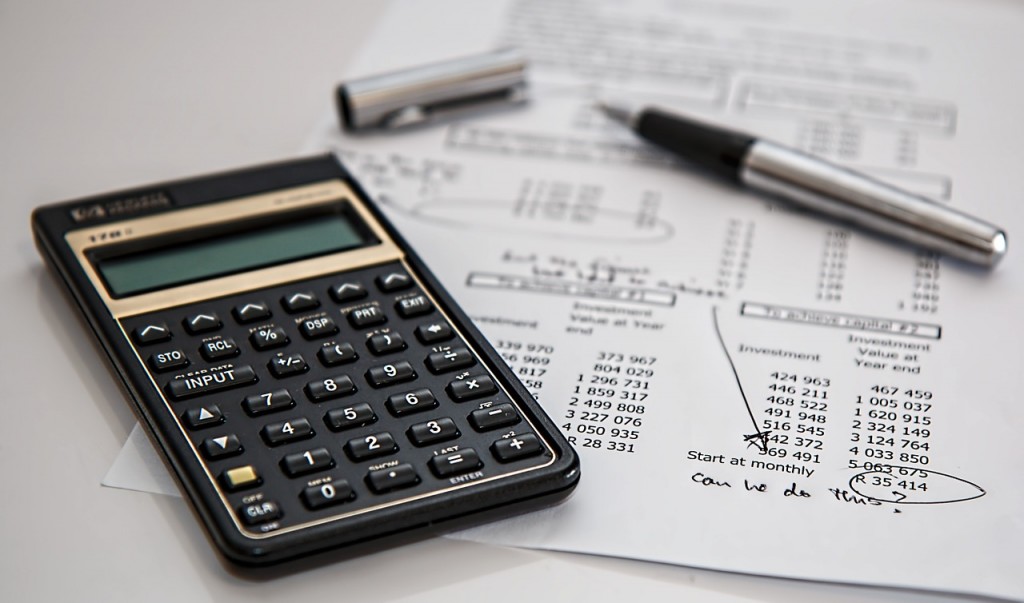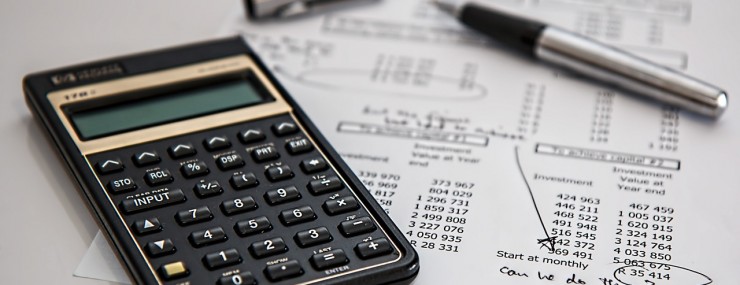When you’re searching for a home, it’s only logical that you will review the tax records of a property you’re interested in to determine what the yearly taxes are as they will make up a portion of your mortgage payment every month. In your research you will come across a value assigned to the property, commonly called the assessed value. This is a dollar number that the tax officer will multiply against the current tax rate to determine the yearly taxes due for each individual property.
You’ll notice a trend when reviewing assessed values for properties that are listed for sale…often the assessed value doesn’t match up to the listing price of the property. This can cause a lot of confusion and contention for buyers and homeowners alike. If the assessed value is lower than the listing price, buyers may wonder why the seller is trying to inflate the price and homeowners may wonder if their home is worth as much as they thought it was. Likewise, if the assessed value is higher than the listing price homeowners may over-price their properties. So why do the values vary and differ so much and so often?
Listing prices and appraised values are based on a myriad of market variables. The economy is an obvious factor as is the local market. Is the home supply high or low? Are buyers eager to purchase properties in an up-and-coming neighborhood or are sellers trying to unload properties because of foreclosure? Mortgage lenders rely on these factors as well as the current status and condition of the home (as reported in an appraisal) to see if the listing price is an accurate reflection of the home’s value.
Tax assessors on the other hand take a different approach to property values. Since market trends can change often and assessments aren’t done every year, tax assessors are more concerned with the tangible features of a property. Tax assessors are charged with evaluating each property in their district, usually with an in-person visual inspection. They are looking for habitable square footage and any additional features to the property that would make it more value (pools, fences, developed land). If a representative is unable to inspect the inside and outside of the home first hand, the assessor will usually rely on a comparable analysis of similar models of the home in the neighborhood to determine the value. Many tax assessors also rely on a multiplier, usually anywhere from 60-80% of the comparable value, to determine the final assessed value.
It’s important that you don’t make a decision regarding the sale or purchase of a property based on the assessed values alone. Determining a fair listing price for a property is the job of a licensed Realtor. A Realtor can evaluate the current market conditions in your area and price a property accurately for sale or purchase.
